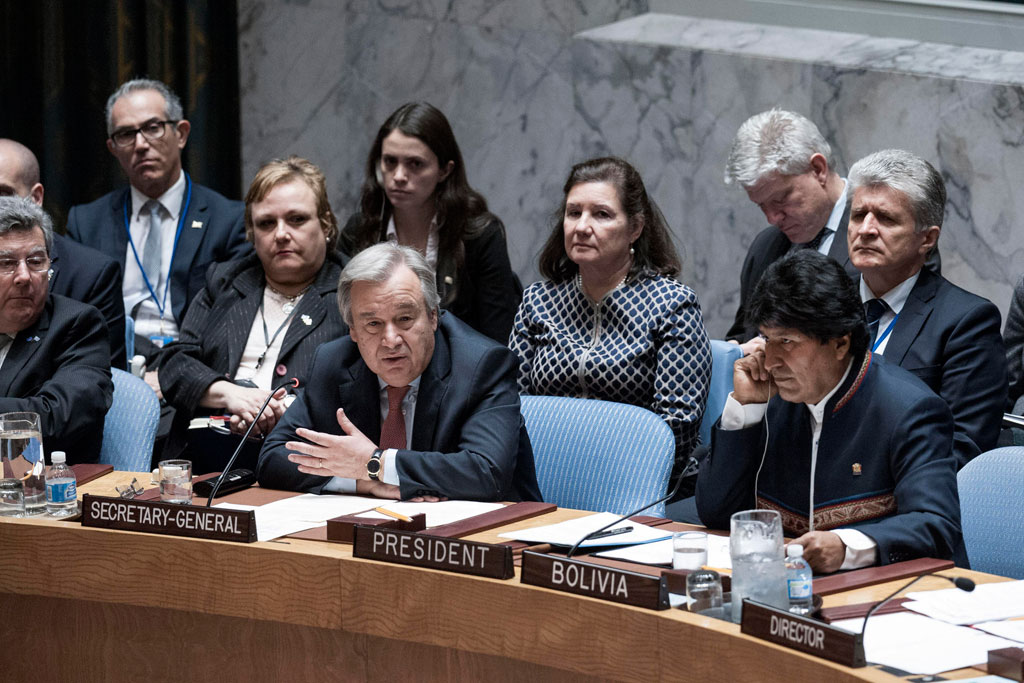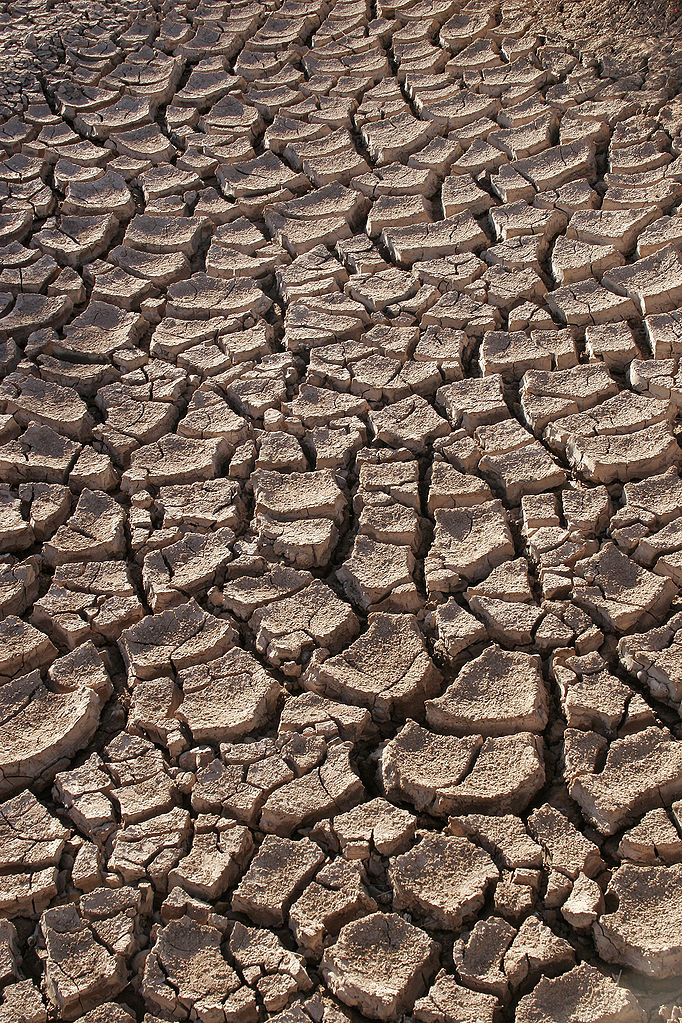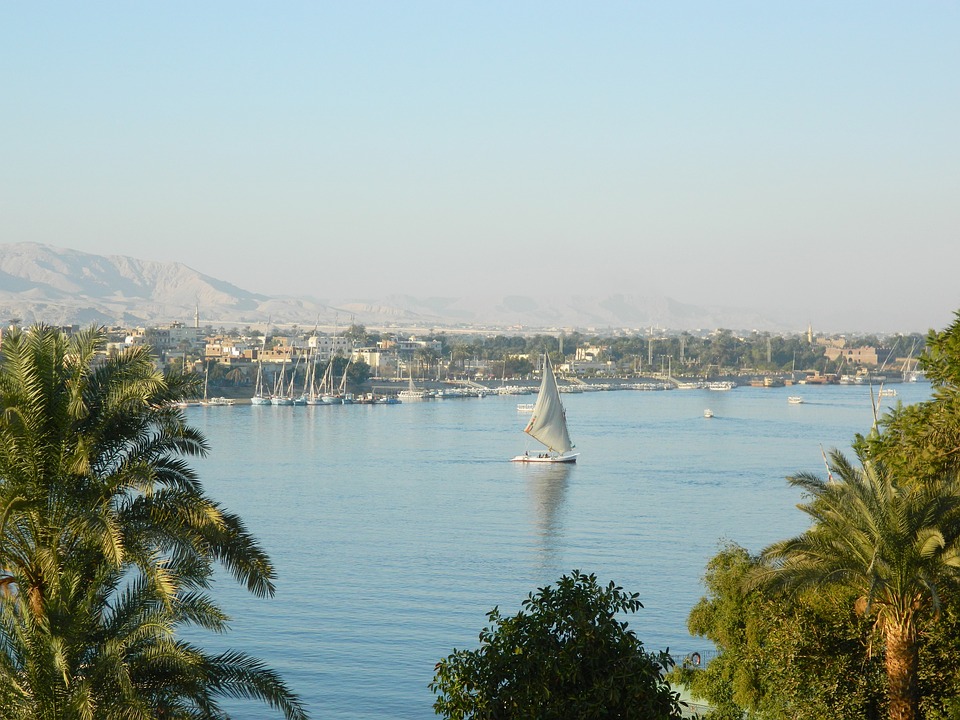Water - UN Chief Warns Of Water Shortages
United Nations Secretary-General Antonio Guterres is urging nations to prepare to use diplomacy to prevent and resolve disputes over water resources as the world population faces shortages.
Mr. Guterres told the UN Security Council that by the year 2050, the demand for fresh water will increase by 40 percent across the globe. And he warned that at least a quarter of the world's population will live in countries with a "chronic or recurrent" lack of clean water.

"Water, peace and security are inextricably linked," said Mr. Guterres during a meeting on preventive diplomacy and trans-boundary waters, which was chaired by Bolivian President Evo Morales, who holds the Council's rotating presidency for the month. "I commend this Security Council meeting for highlighting how water is and should remain a reason for cooperation not conflict," Mr. Guterres added.
The potential for border disputes is high because three-quarters of the 193 members of the United Nations share rivers or lake basins with their neighbors. "Strains on water access are already rising in all regions," said the Secretary-General.

During the second half of the 20th century, nations signed 287 water sharing agreements. But since 1947, some 37 conflicts have taken place between countries related to water.
The potential for more trouble is magnified in places like South Asia, where one billion people in seven nations - Afghanistan, Bangladesh, Bhutan, China, India, Nepal, and Pakistan - are dependent on just three river systems. Regional collaboration between these countries is limited and relations are often antagonistic.

Better news comes from eastern Africa, where six nations up and down the Nile worked for 13 years to reach an agreement on using its waters. It was signed by all six nations and is awaiting ratification by three of them.

"Our planet, the human family and life in all its myriad forms on Earth are in the throes of a water crisis that will only get worse over the coming decades," said President Morales. "If current patterns of consumption continue unabated, two-thirds of the world's population will be facing water shortages as a daily reality by 2025," Evo added.







 Create PDF
Create PDF Print
Print Email to friend
Email to friend